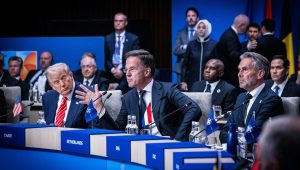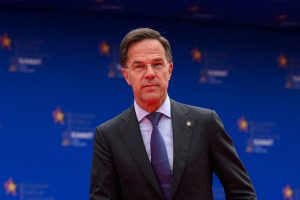Latest News
-
Five-Party Informal Meeting on Cyprus Issue This Month at UN
-
New 24-hour Metro, Tram, Bus Services in Athens Starting July 5
-
The Odyssey: First Teaser of Christopher Nolan Film with Matt Damon Leaked
-
Explaining Greece’s New Labor Law
-
Cruise fees Mixed Views on Greek Cruise Tax Draw Global Attention
-
Athens Ready to Rave: ‘The Prodigy’ Set to Ignite Release Athens 2025
-
Sean ‘Diddy’ Combs Found Not Guilty of Racketeering and Sex Trafficking
-
Heatwave, Fires Take Fatal Toll on Europe
-
Top Gov’t Council: Libyans Must Cooperate to Stop Irregular Migration Route
-
Update, Iran Went Through With Suspension of IAEA
-
Greece Cracks Down on Beach Violations with Drones, Fines and Mass Inspections
-
Fire Breaks Out in Forested Area of Vourvourou, Halkidiki – 112 Alert Issued
-
Hamas Rejects Trump’s Gaza Ceasefire Proposal as Israel Responds Cautiously
-
Greek Hotels Lead Europe in Revenue and Occupancy Growth
-
Reuters Exclusive: USAID Cancelled Congo Rape Survivor Kits Amid Surging Violence
-
12-Year-Old Boy Found Dead in Suspected Online Challenge or Bullying Case
-
Wildfire Breaks Out Near Marathon as Authorities Urge Evacuations
-
Israel Intercepts Missile Launched from Yemen
-
ELSTAT: Greece’s Unemployment Drops to 7.9% in May 2025
-
Summer Sales Season Opens in Greece on July 14
-
Oil Platform Sinks in Gulf of Suez Leaving at Least Four Dead
-
Organ Donation Considered After Blood Transfusion Mishap in Athens
-
Tourist Spending in Greece Rises Sharply in Early 2025
-
Fire Breaks Out at Volos Prison Following Inmate Clash
-
Putin and Macron Hold Two-Hour Call After Three Years of Silence











